14 Common Vehicle Maintenance Mistakes That Instantly Decrease Your Car’s Value
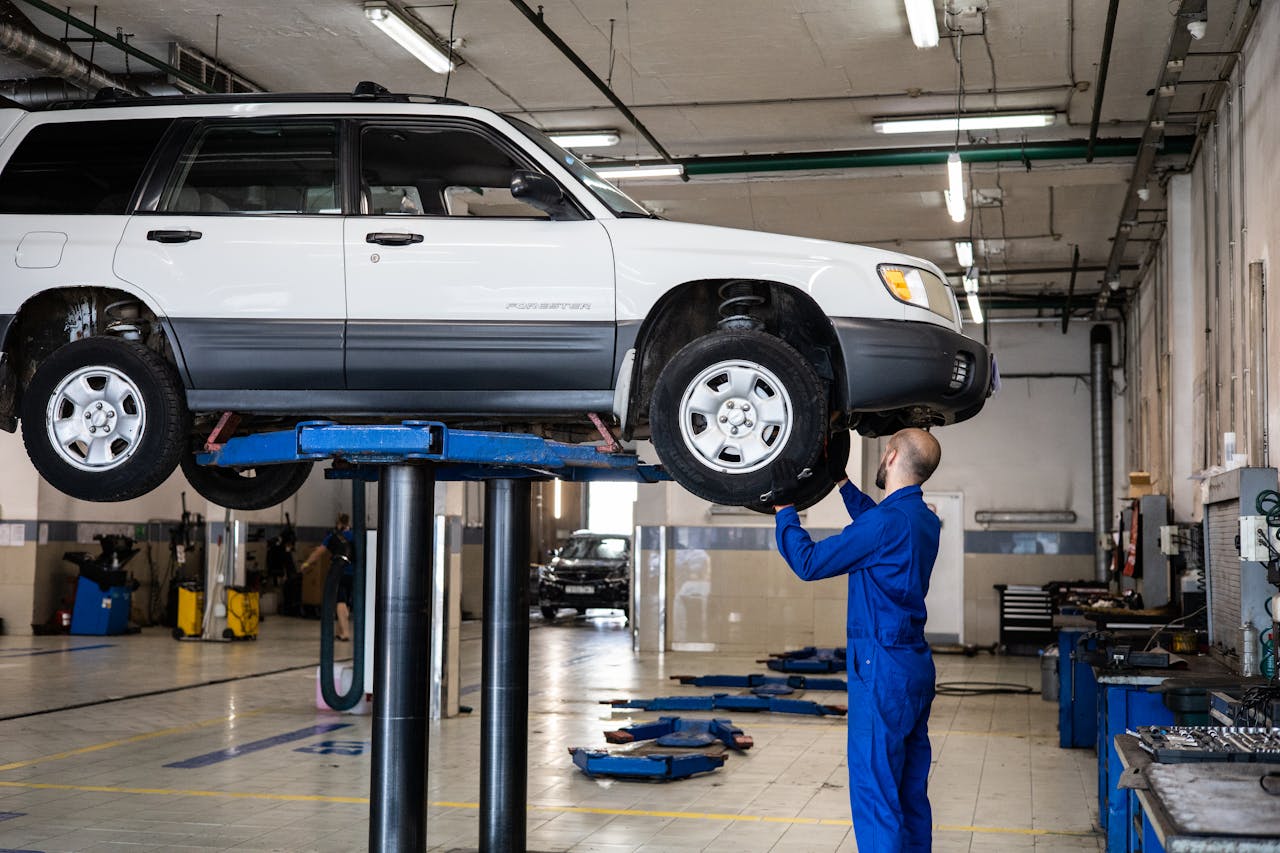
When it comes to maintaining your vehicle, every small decision counts. From routine oil changes to tire rotations, how you care for your car directly impacts its resale value. Neglecting maintenance can lead to costly repairs and, ultimately, a significant drop in the vehicle’s worth. In this listicle, we’ll explore 14 common vehicle maintenance mistakes that can kill your car’s value and how to avoid them, ensuring your investment remains protected and retains its worth over the years.
1. Ignoring the Owner’s Manual
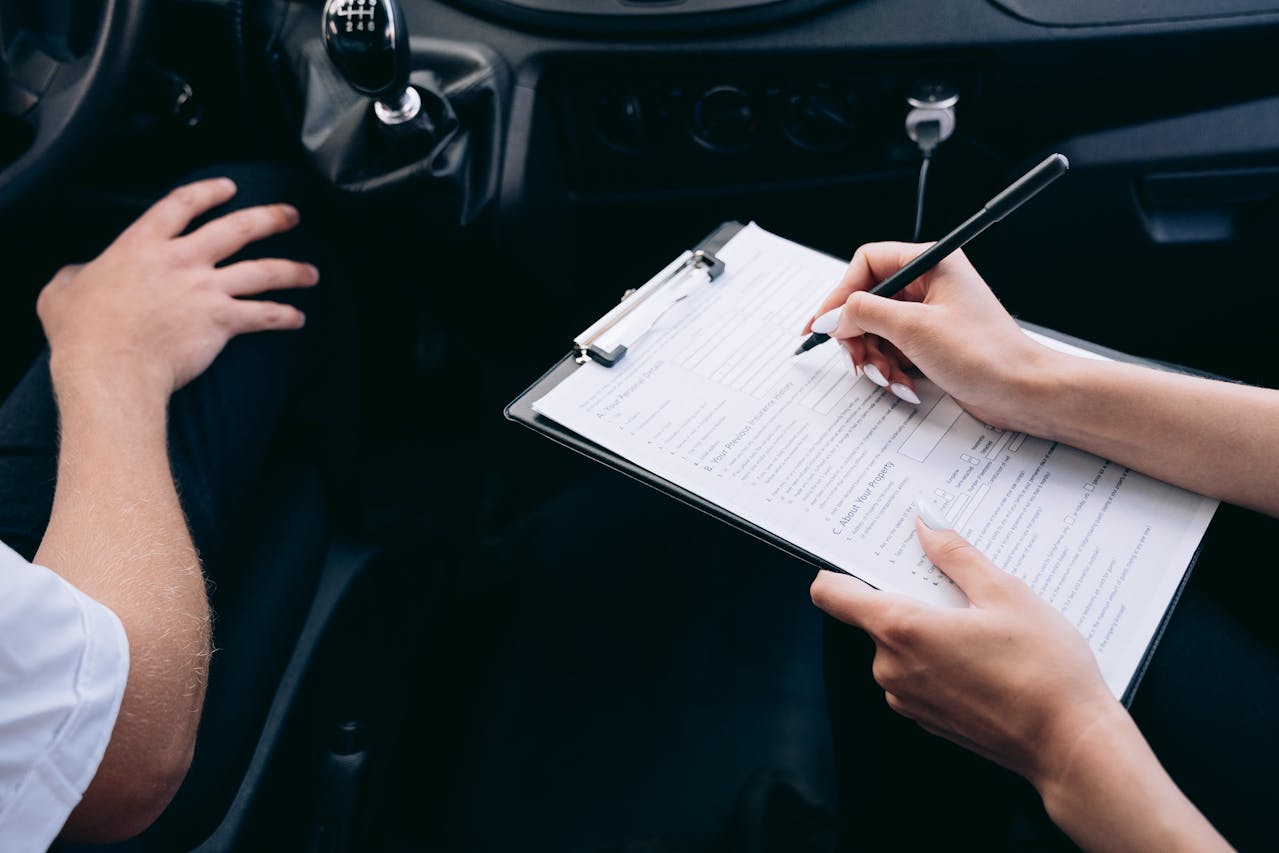
One of the most significant mistakes car owners make is neglecting the owner’s manual. This document is your vehicle’s best friend, providing essential information on maintenance schedules, fluid types, and recommended services. By disregarding the guidelines, you may miss crucial services, leading to premature wear and tear. Always consult your manual to ensure your car gets the care it needs, which will help maintain its value over time.
2. Skipping Regular Oil Changes
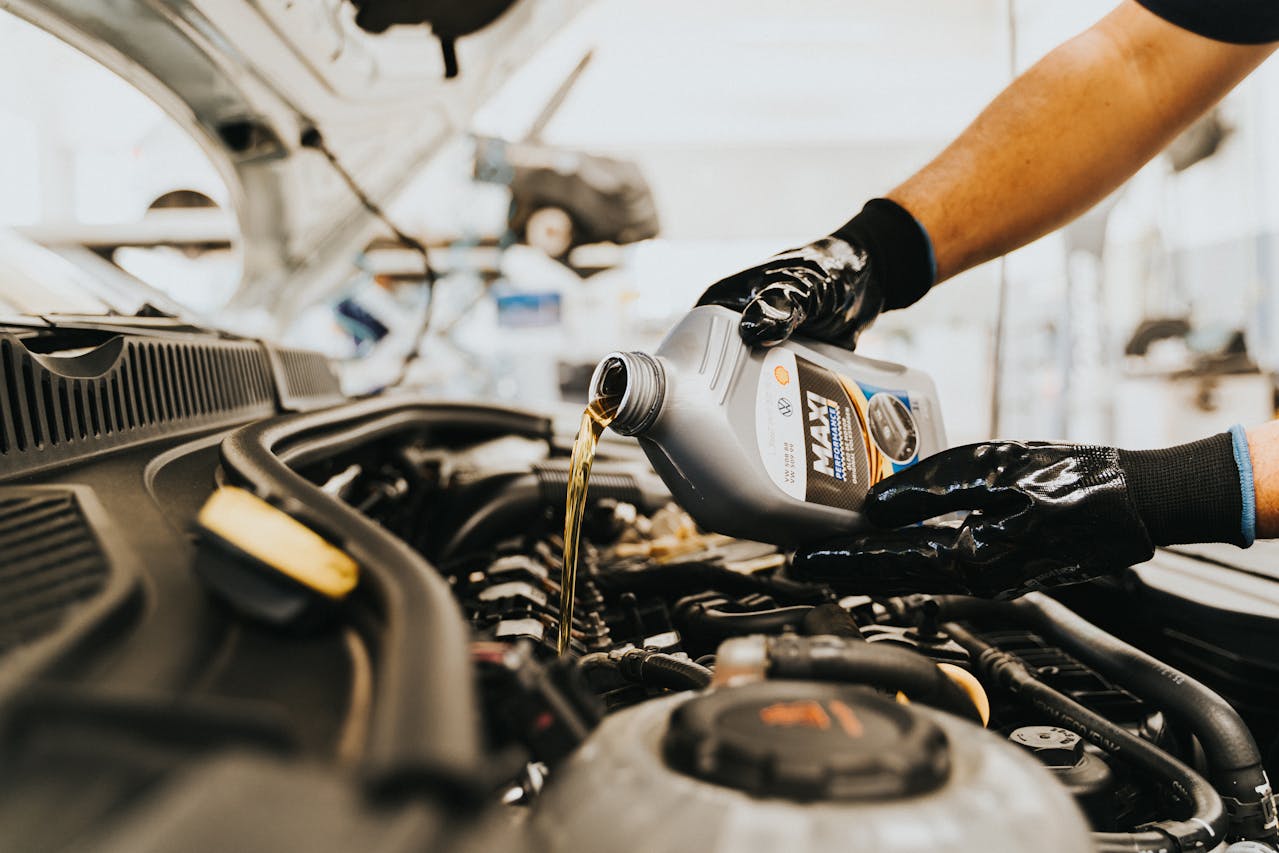
Regular oil changes are vital for engine health. Skipping this routine service can lead to oil sludge build-up, decreased performance, and ultimately, engine failure. Neglecting to change the oil not only jeopardizes the engine but can also significantly decrease your car’s resale value. Ensure you adhere to the recommended oil change intervals—usually every 3,000 to 7,500 miles, depending on your vehicle’s needs.
3. Neglecting Tire Maintenance
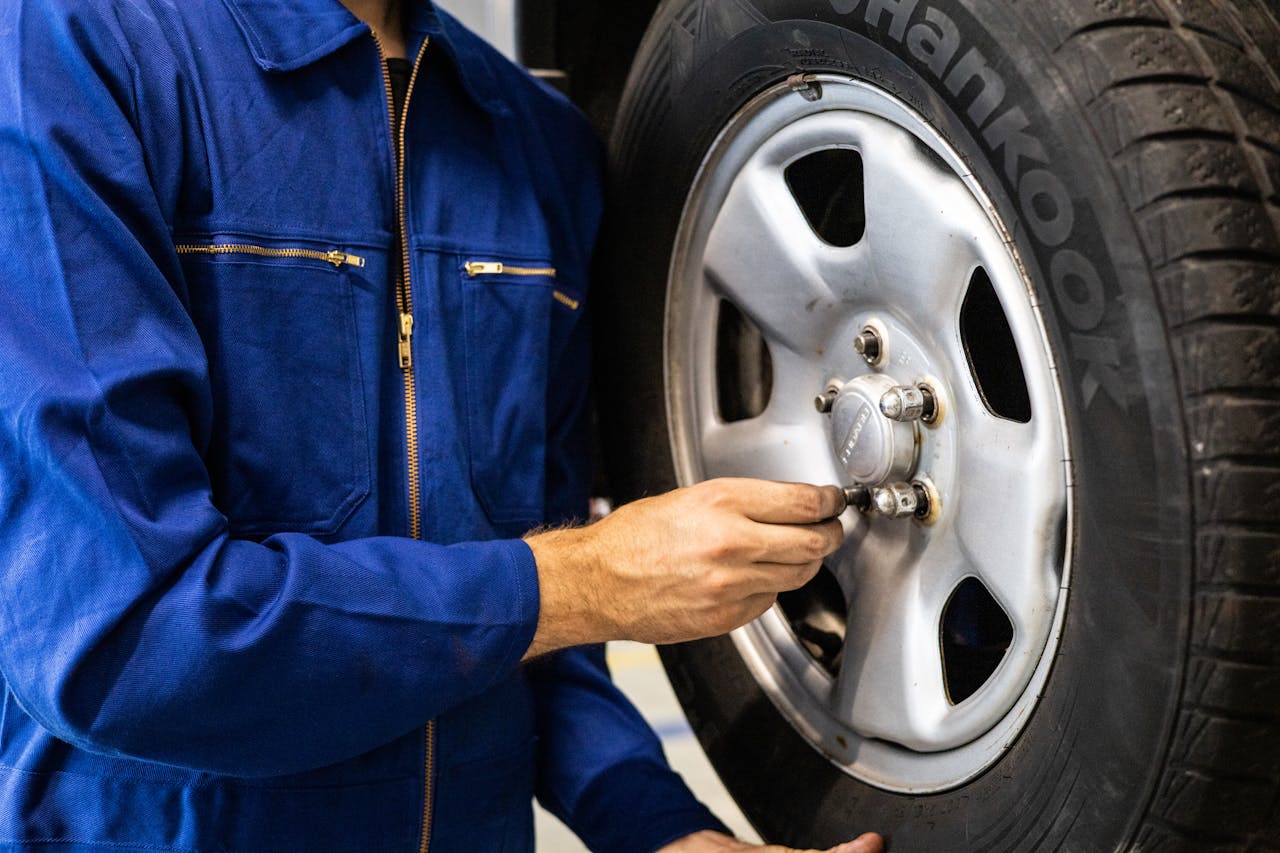
Tires are the only contact your vehicle has with the road, and maintaining them is crucial. Failing to rotate, balance, and align tires can lead to uneven wear, affecting performance and safety. Moreover, worn-out or misaligned tires can result in costly repairs and lower fuel efficiency. Regularly checking tire pressure and tread depth, along with timely rotations, can keep your car in top shape and preserve its value.
4. Ignoring Warning Lights
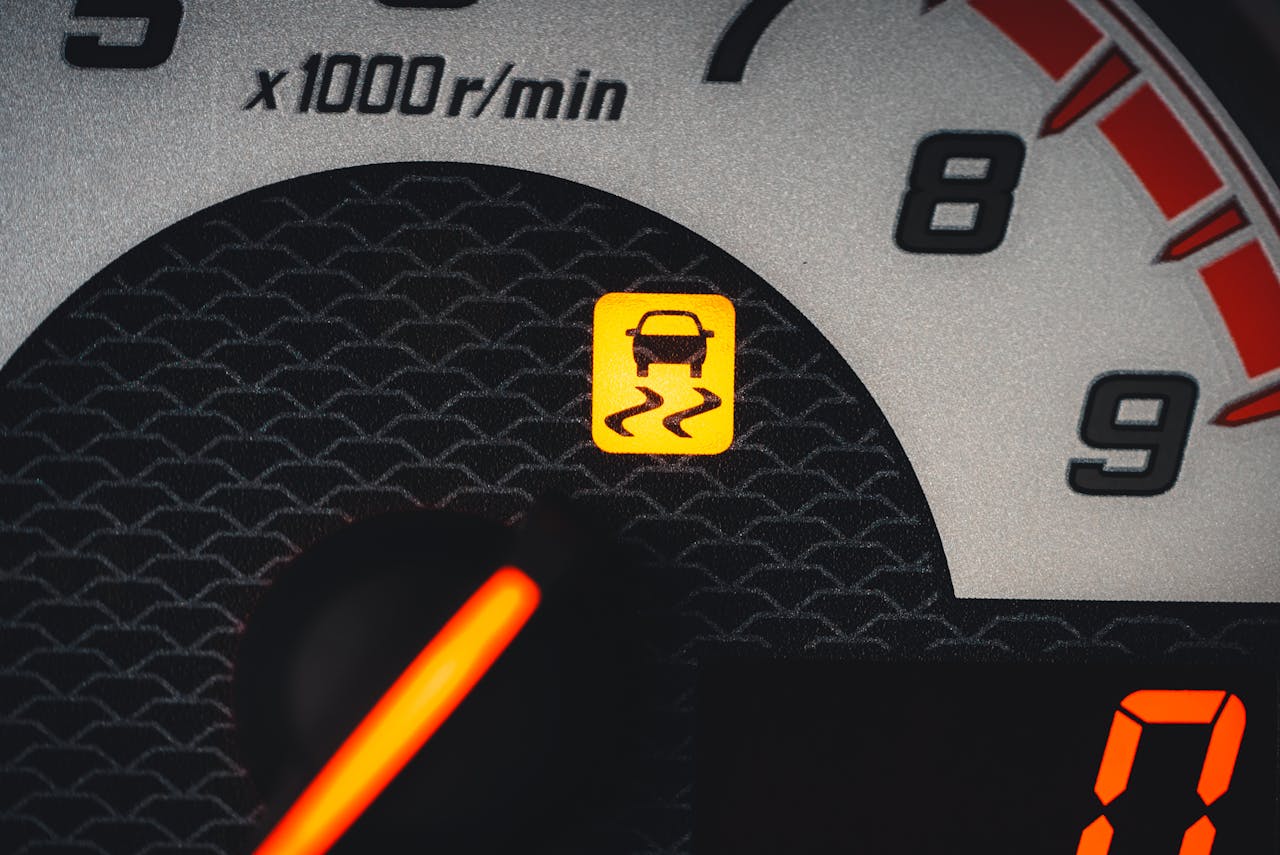
Modern vehicles are equipped with a host of warning lights to alert you of potential issues. Ignoring these indicators can lead to minor problems escalating into costly repairs. For instance, a check engine light could signal anything from a loose gas cap to a major engine problem. Promptly addressing warning lights helps prevent extensive damage and keeps your car running smoothly, ultimately preserving its value.
5. Failing to Replace Worn Brake Pads
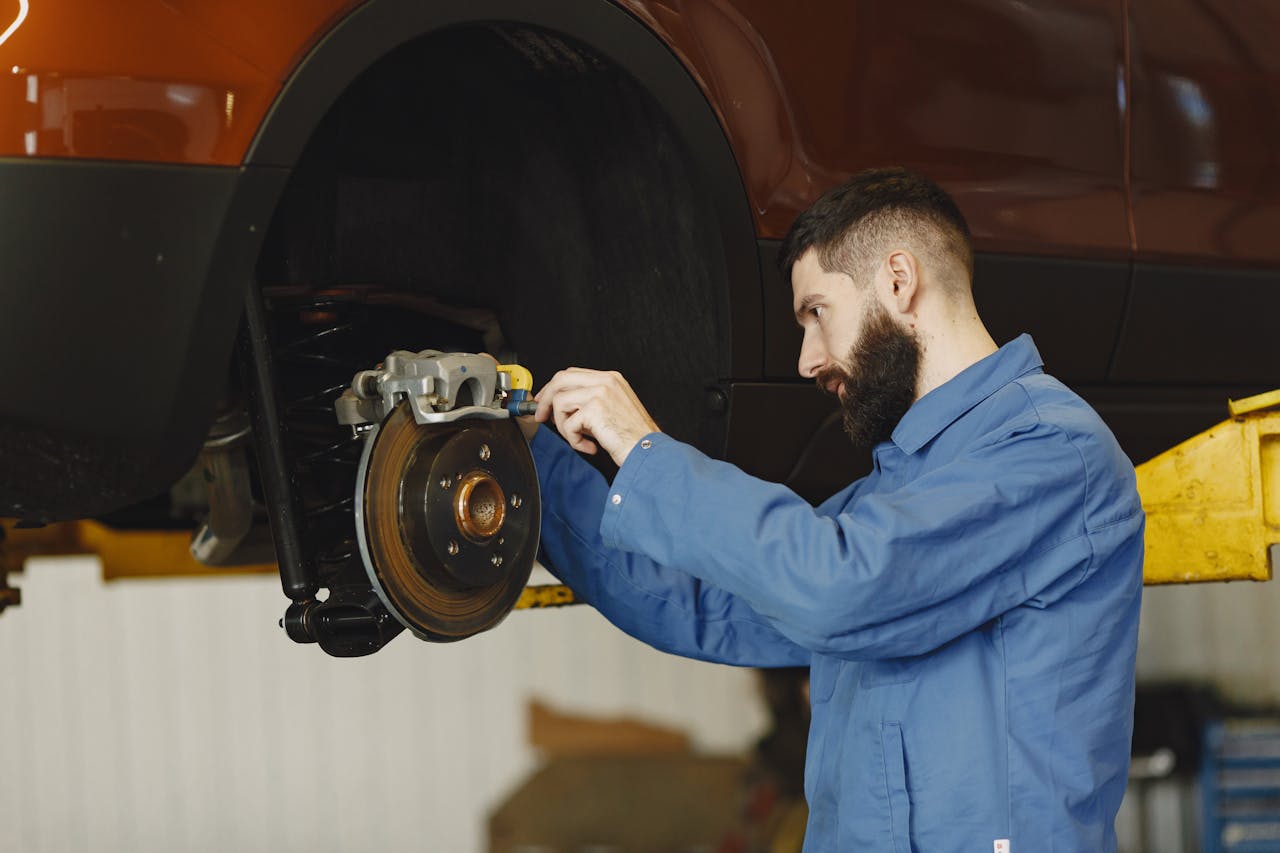
Brakes are critical for safety and performance. Failing to replace worn brake pads can lead to brake failure, resulting in costly repairs not only for the brakes but potentially for the rotors and calipers as well. A car with a history of poor brake maintenance can be seen as a liability by potential buyers, decreasing its resale value. Regular inspections and timely replacements of brake pads are essential to maintaining safety and value.
6. Neglecting Fluid Levels
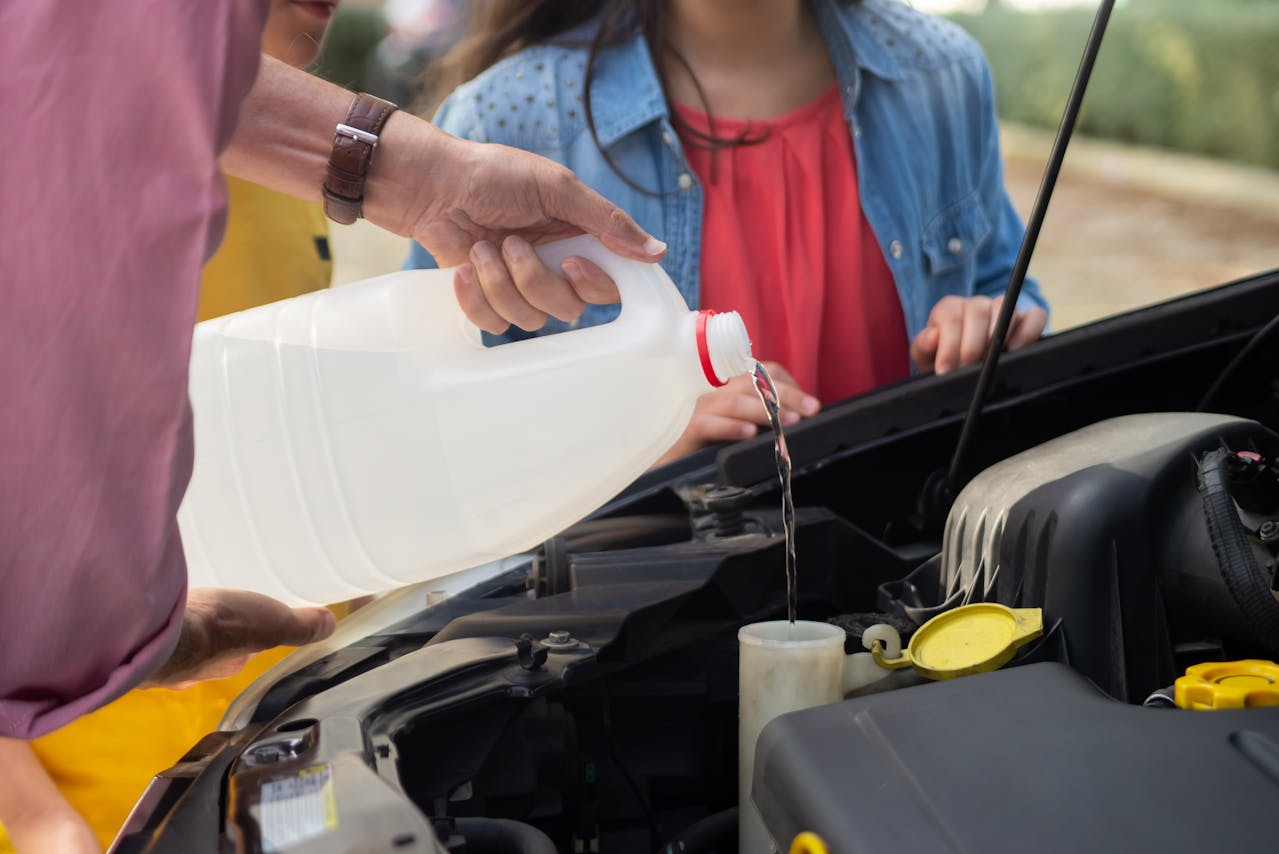
Your vehicle relies on various fluids—engine oil, coolant, transmission fluid, and brake fluid—to function correctly. Failing to check and maintain proper fluid levels can lead to overheating, transmission failure, or brake problems. Regularly checking and topping off fluids as needed can prevent significant mechanical issues and preserve the value of your car by ensuring it runs efficiently.
7. Overlooking Exterior Maintenance
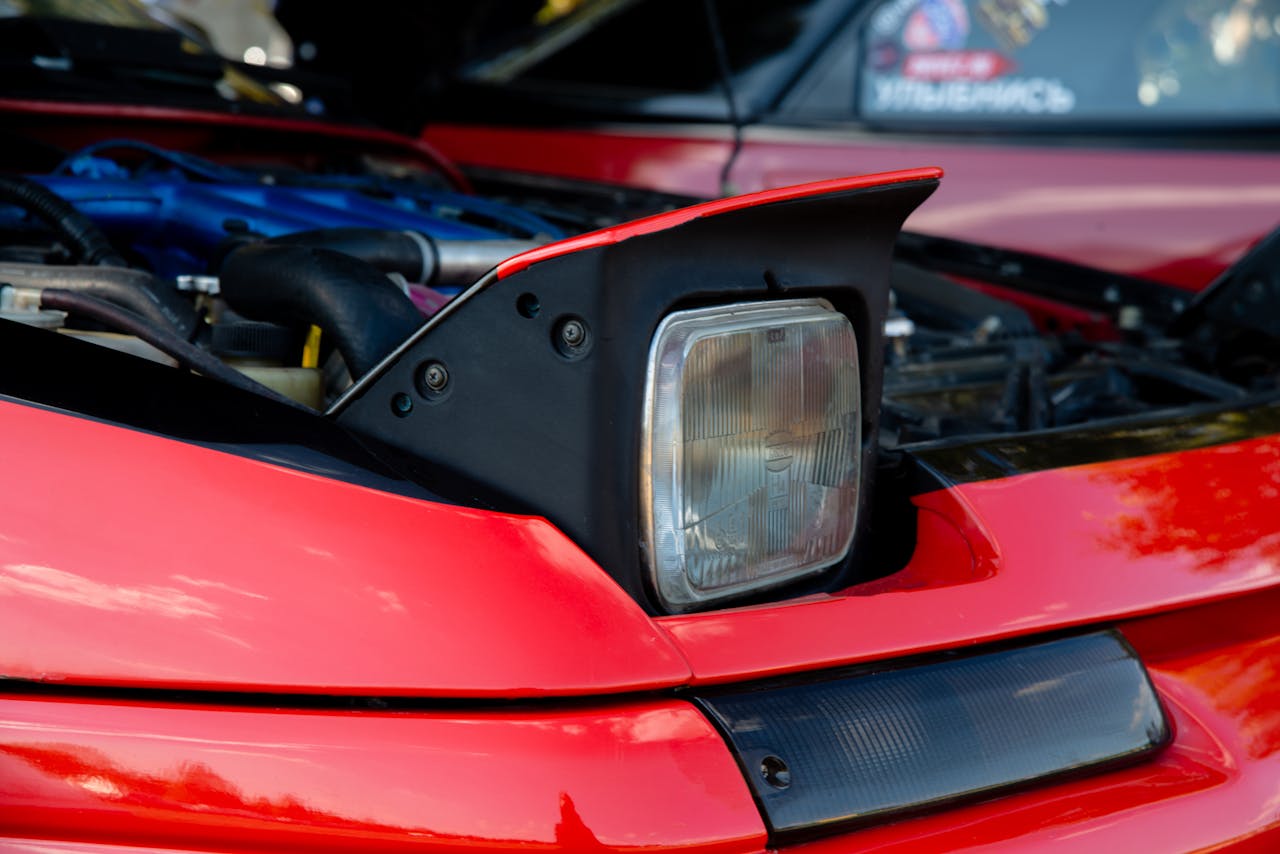
The exterior of your car is its first impression, and neglecting it can lead to rust, scratches, and fading paint. Regular washing and waxing not only keep your vehicle looking its best but also protect the paint from damage. A well-maintained exterior can significantly enhance your car’s curb appeal and overall value, making it more attractive to potential buyers when it’s time to sell.
8. Skipping Timing Belt Replacements
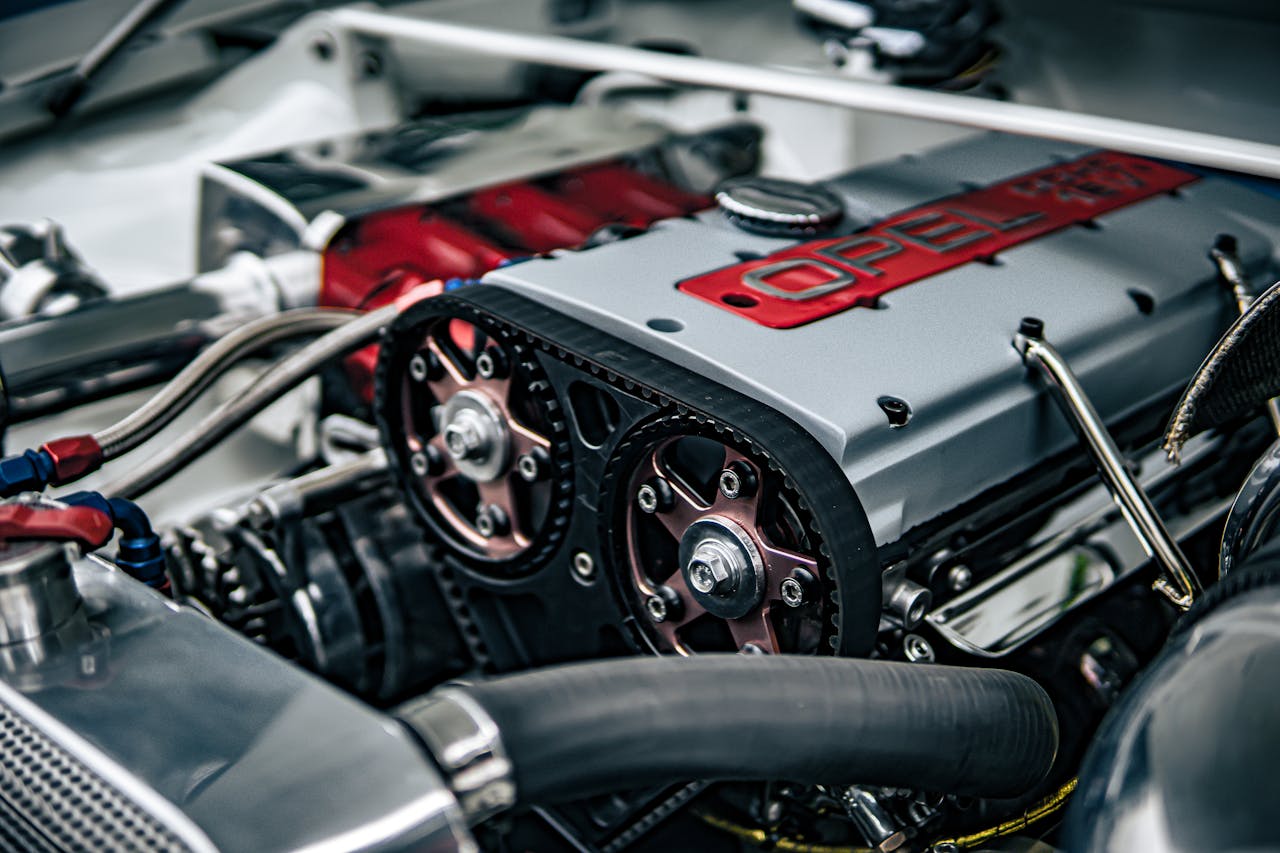
The timing belt is a crucial component that keeps your engine running smoothly. Skipping its replacement can lead to catastrophic engine failure if it snaps, resulting in costly repairs. Timing belts generally need to be replaced every 60,000 to 100,000 miles, depending on your vehicle. Keeping track of this replacement can save you from significant expenses and ensure your car maintains its value.
9. Not Cleaning the Interior

A clean interior can make a significant difference in your vehicle’s resale value. Failing to clean and maintain the inside of your car can lead to stains, odors, and a general lack of appeal. Regularly vacuuming, wiping down surfaces, and using protectants can help preserve the interior materials and keep your vehicle looking fresh, making it more attractive to potential buyers.
10. Ignoring Battery Maintenance
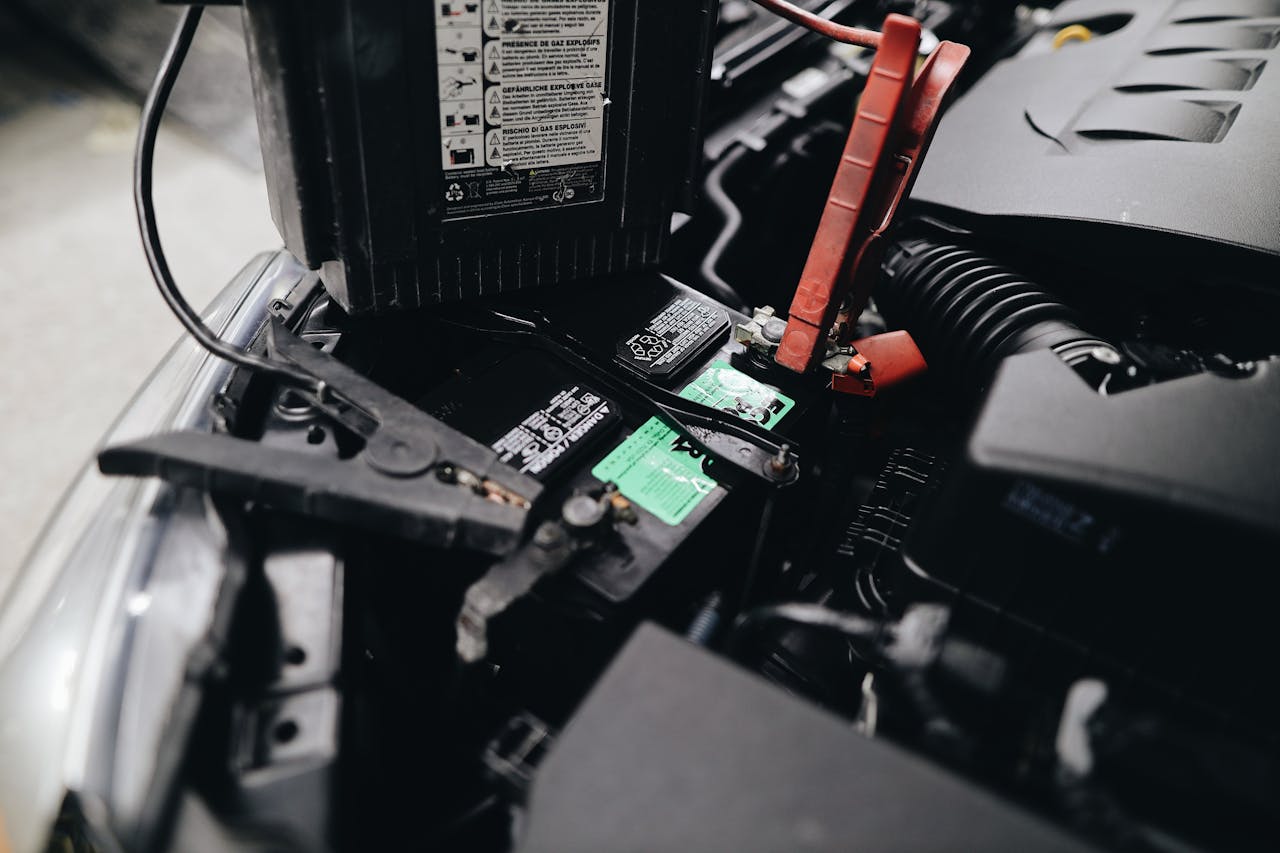
A car battery is essential for starting your vehicle and powering its electrical components. Neglecting battery maintenance, such as checking for corrosion and ensuring secure connections, can lead to unexpected breakdowns. A well-maintained battery can prolong your vehicle’s life and maintain its value. Make a habit of checking your battery’s condition regularly to avoid future problems.
11. Postponing Minor Repairs
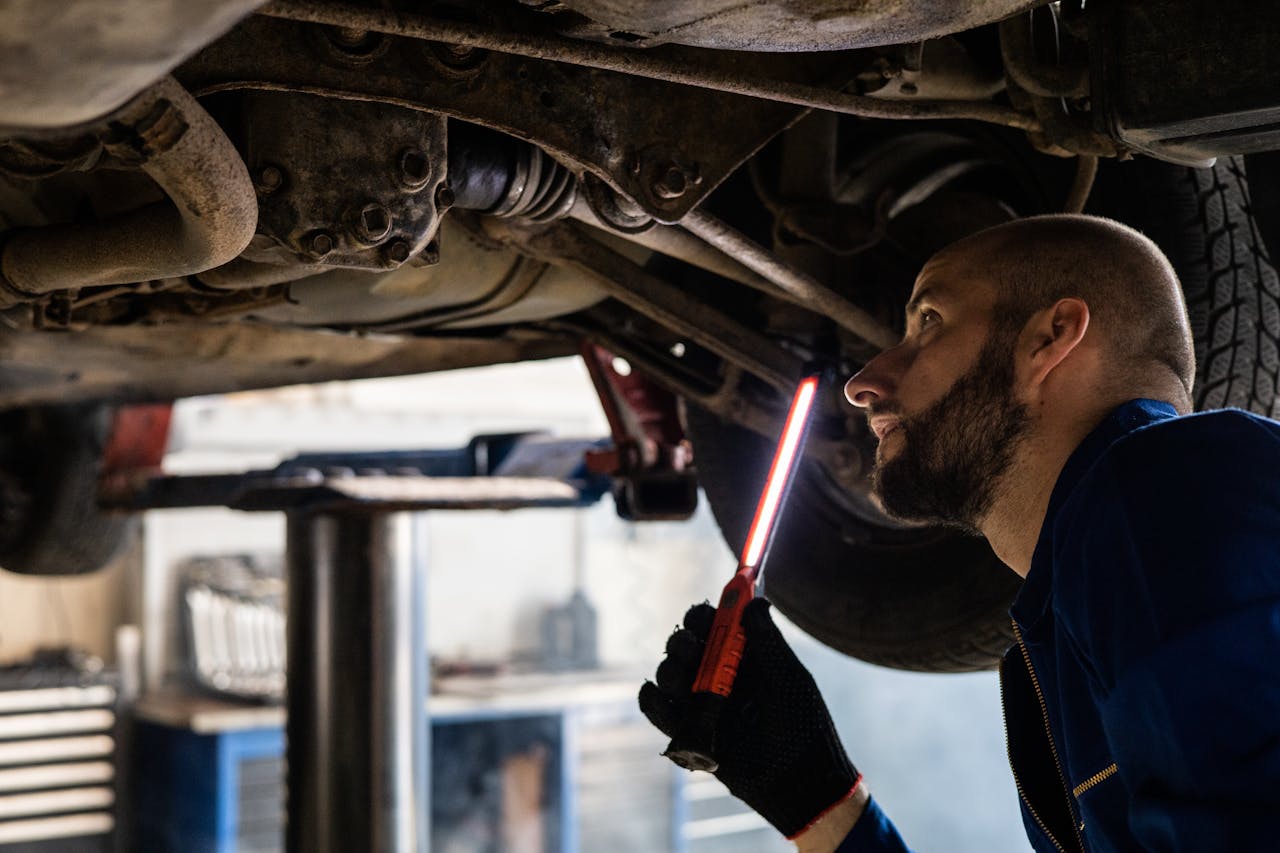
Putting off minor repairs, such as replacing a burnt-out headlight or fixing a small dent, can lead to more significant issues down the line. For example, a small leak can turn into a major fluid loss, causing engine damage. Timely repairs help keep your vehicle running smoothly and preserve its resale value. Staying proactive about minor repairs can save you money and prevent larger, costlier problems.
12. Not Keeping Records of Maintenance
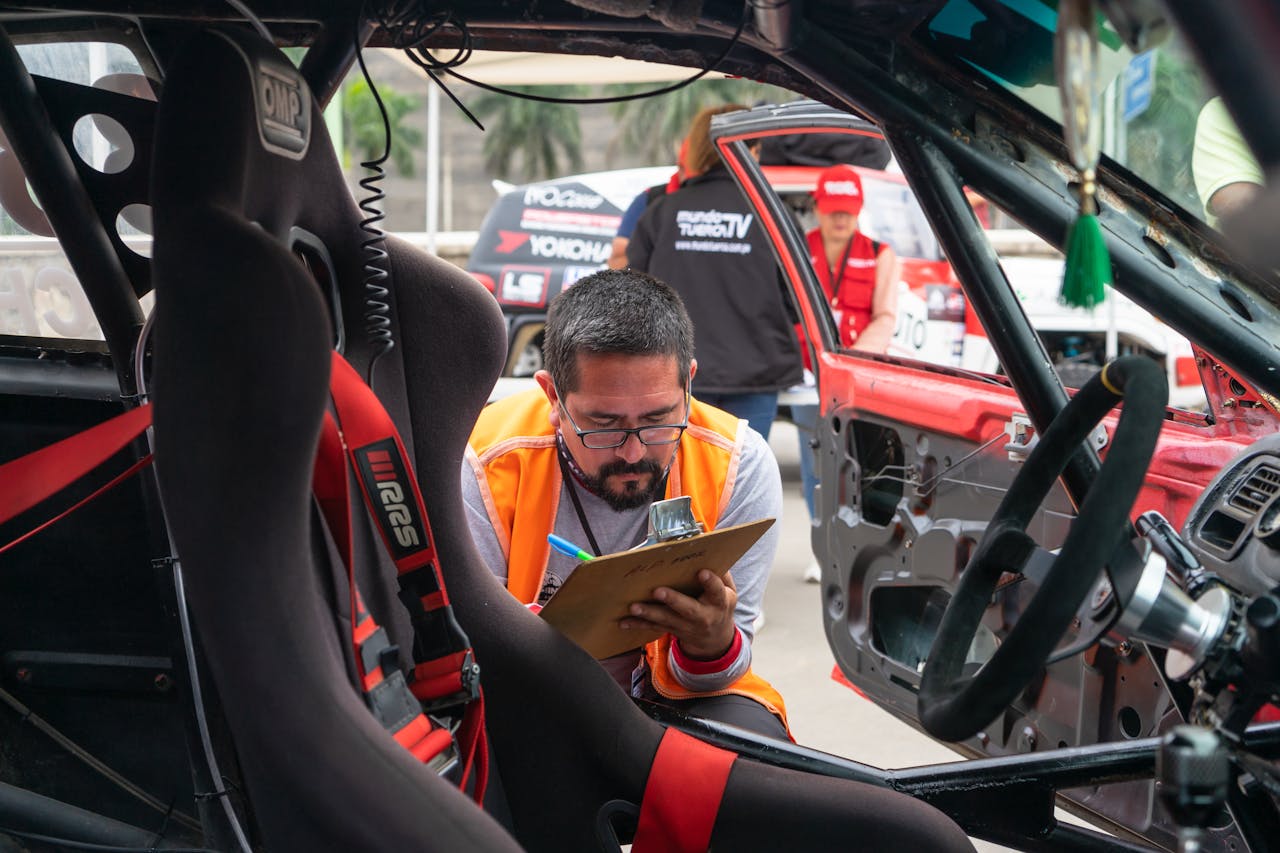
Maintaining a detailed record of your vehicle’s maintenance history is essential for preserving its value. Buyers often look for proof of regular maintenance when considering a used car. Failing to keep records can raise red flags and lead to a lower resale price. Ensure you document every service performed, including oil changes, tire rotations, and repairs, to provide potential buyers with peace of mind.
13. Overloading Your Vehicle

Overloading your vehicle can lead to significant wear and tear on its suspension, brakes, and tires. This excess weight can also affect fuel efficiency and overall performance. Consistently exceeding your vehicle’s weight limit can cause long-term damage that decreases its value. Always adhere to your manufacturer’s weight limits and avoid heavy loads to protect your car’s longevity and worth.
14. Skipping Seasonal Checks
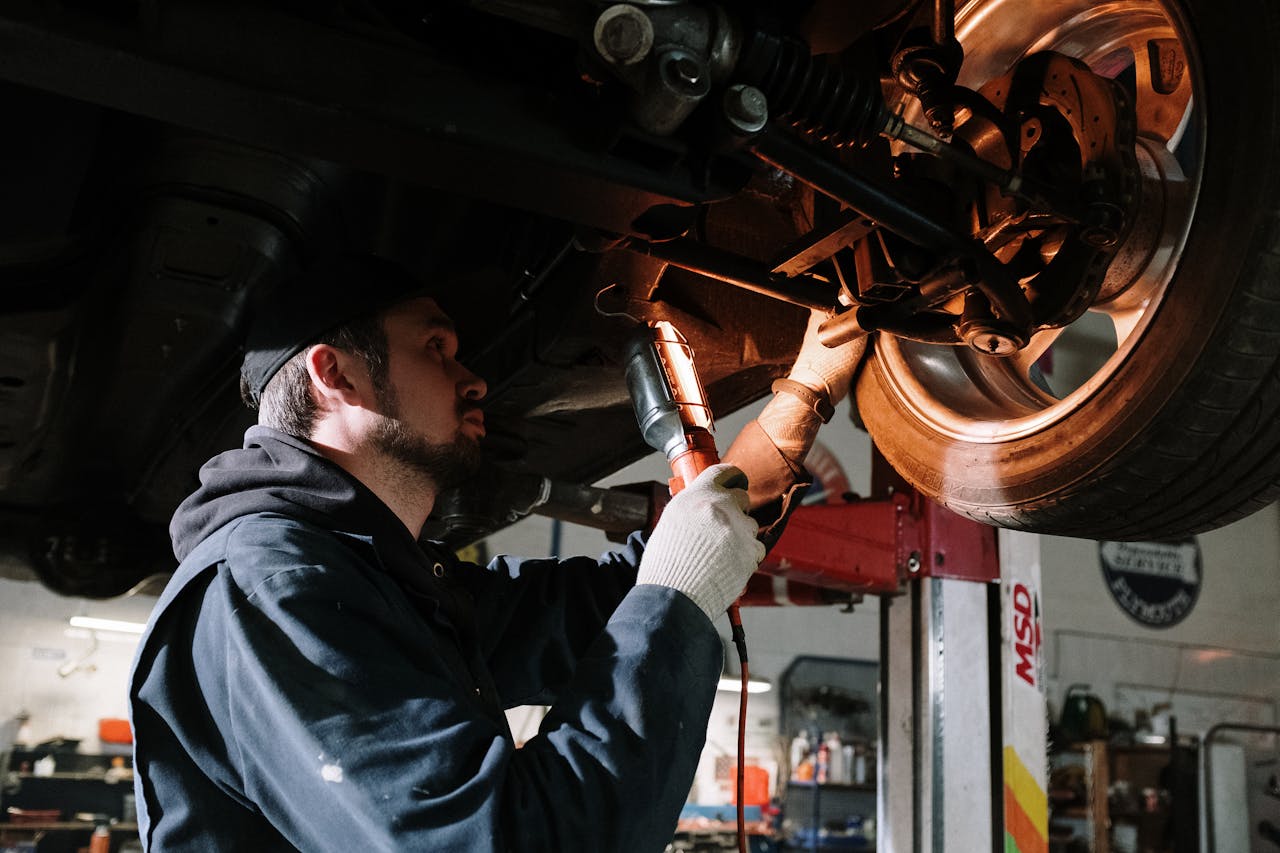
Seasonal changes can affect your vehicle in various ways, from tire performance to battery life. Skipping seasonal checks can lead to issues like poor traction in winter or overheating in summer. Regularly inspecting your vehicle for seasonal readiness—checking tire tread, battery health, and fluid levels—can help prevent problems and ensure your car performs well year-round, ultimately preserving its value.
Final Thoughts

Maintaining your vehicle isn’t just about keeping it running; it’s also about protecting your investment. By avoiding these 14 common maintenance mistakes, you can ensure your car remains in top condition and retains its value over time. Regular maintenance, prompt repairs, and attention to detail are key to keeping your vehicle appealing to potential buyers. Remember, a well-maintained car not only drives better but also offers you peace of mind and a higher resale value when it’s time to upgrade. Make these practices a part of your routine, and your vehicle will thank you for it!
Leave a Reply